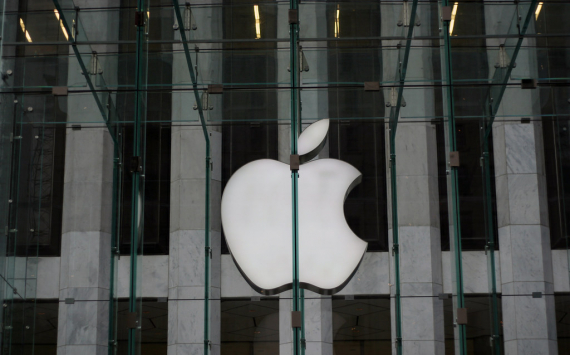
Apple's manufacturing in China
Apple has accelerated plans in recent weeks to move some of its manufacturing out of China. This was reported by The Wall Street Journal.
The Wall Street Journal said company officials are urging suppliers to "more actively prepare to have Apple's products assembled in other Asian countries, including India and Vietnam. In addition, the company hopes to "reduce dependence on Taiwanese assemblers led by Foxconn." As the newspaper points out, this decision was prompted by protests in Zhengzhou, which houses one of the plants that manufacture the iPhone smartphones.
It's known that Apple "no longer feels comfortable" in a situation where a significant part of its production is located in one place. Against this background, the company is looking to, among other things, increase the number of assemblers of its products. Chinese companies, including Luxshare and Wingtech, are being considered for this role.
Earlier Bloomberg Agency said citing analysts at the largest Swiss bank UBS that the production of smartphone series iPhone 14 this year may decline by 16 million units amid quarantine measures in Zhengzhou. Thus, analysts predict that iPhone production will drop by 20 per cent compared to 2021.
China has had strict preventive regulations in place since the start of the pandemic as part of a zero-tolerance policy for the coronavirus, including lockdowns, mass testing and mandatory quarantine after arriving in the country. However, there has been a recent trend towards relaxation of relevant restrictions.
It is worth noting that demonstrations against anti-Covids measures in the country were held in a number of PRC cities on 27 October. In particular, at least several hundred people took part in protests in the Chaoyang district of Beijing. The protesters demanded that the authorities loosen preventive restrictions.
On 28 October, former Global Times editor-in-chief Hu Xijin wrote on Twitter that "China may come out of the shadow of COVID-19 sooner than expected" as the number of severe cases of the disease caused by the omicron strain is now extremely low. Also, protests in Chinese cities last week, in which some protesters called for the overthrow of President Xi Jinping, suggested that criticism of restrictions on Covid-19 could escalate into a broader movement against the government.











